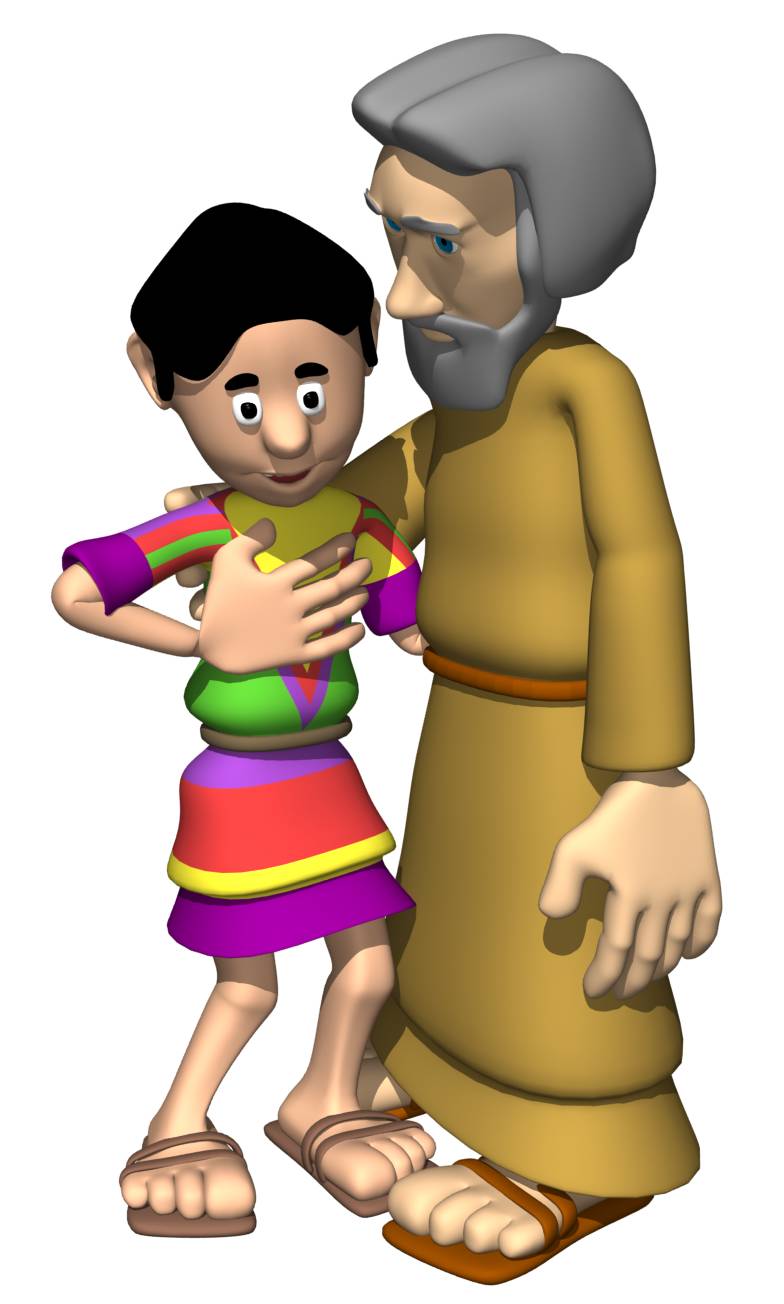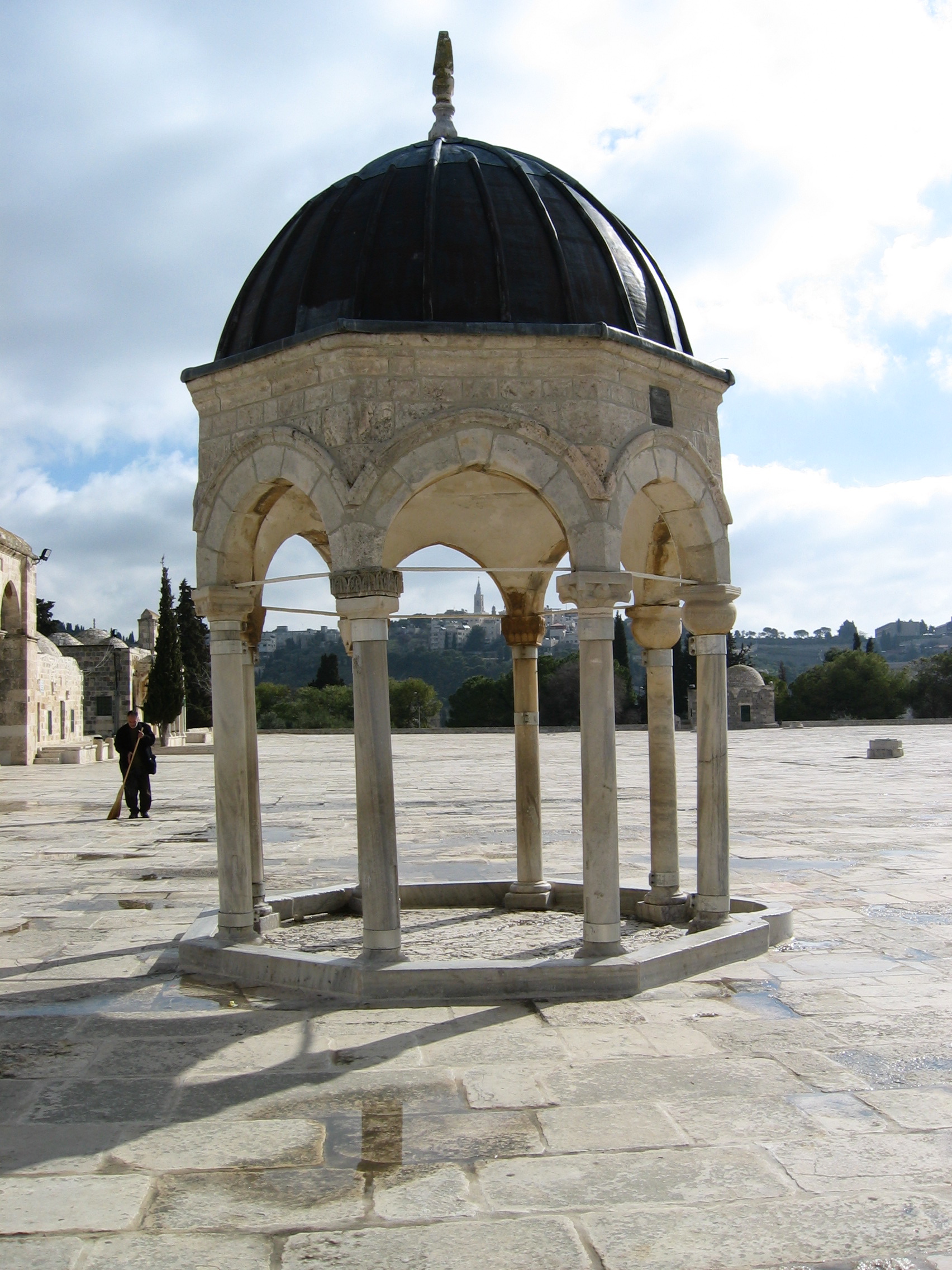Biblical Types and Antetypes
A major key to understanding biblical prophecy is to recognize the relationship between antetypes and types in the Scriptures. This means that an event or a series of events occurred once, was recorded in the Scriptures, and then at a later time a similitude of the event repeats itself, but with different characters and scene.
An antetype is a type or pattern of something that occurs before the actual event occurs (sometimes incorrectly referred to as an antitype, which means opposite rather than before). In other words, the first event predicts or points prophetically to the future event. This is a way for the Creator to give clues and hints about future events that will come to pass. Those who are ardent students of his Word and those “who have (spiritual) ears to hear” will pick up on these clues and be able to have a sense of what the Creator is going to do at some future date. In this way, those who diligently seek him are rewarded with understanding or “inside information” about what he is planning to do in the future. At the same time, his divine plans and purposes will be obscured from those who don’t have a diligent heart to seek him and his truth, and who could possibly misuse the truth, if they were to discover it, for selfish purposes if they were to learn it.
Similarly, the Gospels record that Yeshua explained deep spiritual truths via parables not to make the meaning clear to the general public, but rather to obscure it. His teachings were Continue reading





